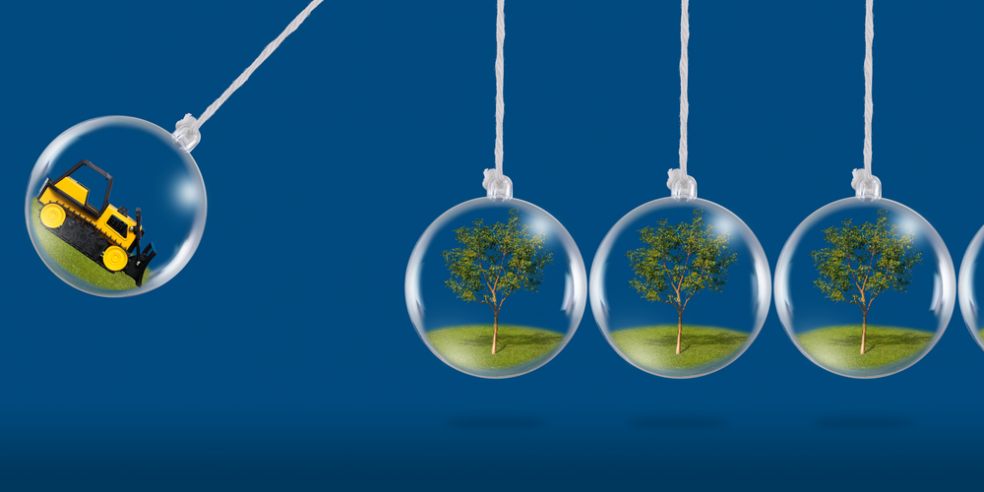
October Green Action Comment
In the last week it has become official – 97% of scientific research papers on climate indicate that the earth is heating up and that this is due primarily to human activity. The catastrophic consequences of the release of gases into the atmosphere whose particles trap heat is now abundantly clear. This is as close to scientific proof that we get, and is on a par to evidence that smoking causes lung cancer and other diseases.
We might be sceptical, as all good science is because it needs to continually review what is happening, but to deny that global warming is caused by people is not to accept reality. There is a difference between climate scepticism and climate denial.
I sense that most who deny the links between human pollution and environmental damage do so either because they do not want to believe it (for a variety of social or personal reasons, including the pain of facing our mortality as a species), or because to accept it will suggest the need for a change in their interests or lifestyle. For instance, it is obvious that corporations who want to continue extracting fossil fuels from the ground find this difficult to accept because it undermines their financial future.
The New Testament [greek] word for truth is aletheia, whose meaning literally means ‘that which is not hidden’. So is it not time to state the truth about climate change?
Today the stark reality that people and environments are being destroyed by unstable and unpredictable weather patterns prompted by greenhouse gas emissions can no longer be hidden. Too many vulnerable communities are being threatened; too many species are in danger; too many people are being displaced. Whilst here extreme weather can be bad enough to disrupt travel or ruin infrastructure, elsewhere it is a killer and eradicator. Extinction is already happening around the world.
What does this mean for people of goodwill? It means taking climate change seriously and encouraging ourselves and our decision-makers to implement policies and practices which reduce emissions in all walks of life. It also means empowering local communities to become more resilient (as with the Transition Movement) and for everyone to move to a mind-set based on sharing and caring for resources, not competing for them with no thought for the future…
We face a fundamental question: can we keep extracting minerals which are poisoning the planet on an unprecedented scale or can we look for alternatives which enhance life on earth?
The planet has finite capacities and cannot bear pressures which assume they are infinite. We are human and not divine beings!
This article first appeared in Devon Churches Green Action news, October 2013















